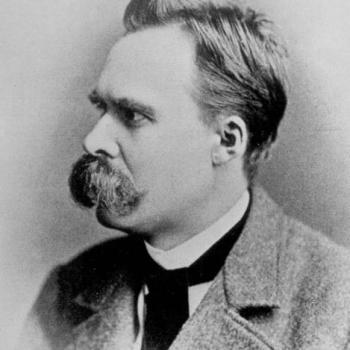June 15th marks the 800th anniversary of the Magna Carta—a document that has been called “the foundation of the freedom of the individual against the arbitrary authority of the despot.”
As you might expect, Great Britain is pulling out all the stops to celebrate the anniversary. And as you might also expect, the celebrations are omitting an important detail: the role of Christianity in “the foundation of freedom.”
The Magna Carta, Latin for “Great Charter,” was a product of one of the most turbulent periods in English history. Forty-five years earlier, King Henry II was implicated in the murder of the Archbishop of Canterbury, Thomas Becket. And now, in 1215, rebellious barons were objecting to what they saw as King John’s infringement on their traditional rights, including unlawful imprisonment and excessive taxation.
With the disagreement threatening to turn into a civil war, the Archbishop of Canterbury, working as an intermediary between the King and the barons, helped to draft a proposed charter that would settle the dispute.
The Charter was not limited to the barons’ concerns. As historian David Carpenter has written, what made the Magna Carta beloved by the likes of our Founding Fathers and Nelson Mandela was that the Charter “asserted a fundamental principle—the rule of law. The king was beneath the law, the law the Charter itself was making. He could no longer treat his subjects in an arbitrary fashion.”
As Carpenter says, “in 1215 itself both John and his enemies would have been astonished had they known that the Charter would live on and be celebrated 800 years hence.” In 1216, they fought the war the Charter was intended to avoid. But John’s successors reaffirmed their commitment to the Magna Carta, and in 1289 made it part of the laws of England.
Since then, virtually every opponent of despotism and tyranny in the English-speaking world has drawn inspiration from the Magna Carta, which declared, “To no one will we sell, to no one will we deny or delay, right or justice.” When the Founding Fathers complained about “taxation without representation,” they were appealing to the Magna Carta.
Given the centrality of this document to our way of life, it behooves us to tell its story accurately and completely. Unfortunately, that is not happening. That’s why British churches have started a major campaign that focuses on the Christian influence on the charter.
The Church of England’s Synod of Bishops has stated that “It is important that the Church’s crucial role in Magna Carta and its rights is not air-brushed out in 2015—as was the role of Christians in the anti-slave trade celebrations.”
As the Bishops remind us, “The Church in England was central to the development of legal and human rights centuries before the French Revolution . . . the first parties to the charter were the bishops—led by Stephen Langton of Canterbury, who was a major drafter and mediator between the king and the barons; and its first and last clauses state that ‘the Church in England shall be free.’”
In other words, no human rights without religious freedom.
Perhaps the secular air-brushing isn’t that hard to understand, after all. The very words of the Magna Carta are a stumbling block for a culture that is eager to cast off its Christian heritage.










